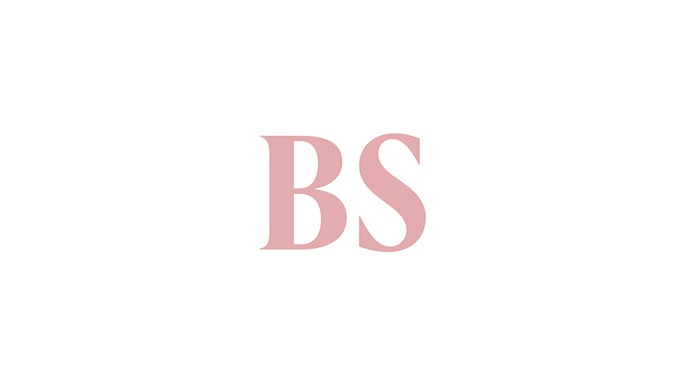Tax proposals a mixed bag
Unlike recent Budgets, this year most taxpayers are in for a pleasant surprise with rationalisation of rates and slabs, which reduce the effective tax burden. In balance, it's a mixed bag

Unlike recent Budgets, this year most taxpayers are in for a pleasant surprise with rationalisation of rates and slabs, which reduce the effective tax burden.
In balance, it’s a mixed bag. For instance, Budget proposals have the good and bad for the high net-worth individuals. The highest surcharge rate of 37 per cent leading to an effective tax rate of 42.74 per cent has been reduced to 25 per cent, bringing down the effective rate of 39 per cent. The let-down is a residential house having sales consideration over Rs 10 crore sold to reinvest in another residential property, for capital gains purposes, the purchase cost shall be restricted to Rs 10 crore.
Further, premium for a life insurance policy issued after April 1, 2023, where the annual premium is over Rs 5 lakh will be taxable on maturity. One can understand the rationale for high premium insurance being taxable, but the capital gains provisions are regressive and may encourage a parallel economy in real estate deals.
The minimum taxable thresholds have not been revised since 2014; a new regime in 2020 offered lower rates of taxation with the option to forgo specified deduction such as house rent and standard deduction. New Budget proposals have tinkered with slabs providing marginal relief to taxpayers opting for the new tax regime. The 2023 regime is on similar lines announced in 2020—lower tax rate and forgoes major deductions. However, the standard deduction (of Rs 50,000) and deduction for family pension (of Rs 15,000) is available under the regime. The deposit limit for post office monthly schemes has been enhanced from Rs 4.5 lakh to Rs 9 lakh for a single account and from Rs 9 lakh to Rs 15 lakh for a joint account. Further, the deposit limit for Senior Citizen Savings Scheme has been enhanced from Rs 15 lakh to Rs 0 lakh.
The minimum threshold for the individual tax was raised from Rs 5 lakh to Rs 7 lakh, provided it is under the new regime.
Also Read
Concerns for a complex capital gains regime remain. Instead, Budget 2023 proposed another variable i.e. “Market linked debentures” which combines features of debt securities and exchange traded derivatives listed on stock exchanges. Considering their hybrid nature, such securities shall be treated as short-term capital assets and they will be taxed at the ordinary rate. Though the net impact of tax rate and slab changes is miniscule, it has certainly made it complex.
India is now the world’s third largest ecosystem for start-ups and to support them, the income-tax exemption to eligible firms has been extended by a year i.e. March 31, 2024. Start-ups can now carry forward losses of 10 years (instead of seven years earlier).
The limits for availing presumptive taxation for self-employed and MSMEs earning through digital means has been enhanced to income of Rs 75 lakh and Rs 3 crore turnover, respectively. Further, such class of taxpayers were excluded from the requirement of a compulsory tax audit. This will substantially reduce compliance woes for the self-employed professionals and small enterprises.
To ease litigation, considering pendency of appeals before Commissioner (Appeals), for speedy disposal of cases, it is proposed that Joint Commissioners /Additional Commissioners will handle appeals involving low disputed amount.
The Budget has added to concerns of the gaming industry with a proposal to tax income derived by way of winnings at highest rate of 30 per cent. It also proposes withholding obligations on the gaming platform.
Specific anti-abuse provision has been expanded to include non-resident investors to prevent unaccounted money via share premium in unlisted companies.
With over 100 amendments, to direct tax proposals only the fine print will reveal devil in the detail.
The writer is managing partner, BMR Legal Advocates . Surabhi Chandra and Akshara Rao contributed to this column. The views are personal
Disclaimer: These are personal views of the writer. They do not necessarily reflect the opinion of www.business-standard.com or the Business Standard newspaper
More From This Section
Topics : Income tax Budget 2023 Tax proposals Union Budget
Don't miss the most important news and views of the day. Get them on our Telegram channel
First Published: Feb 01 2023 | 10:55 PM IST

